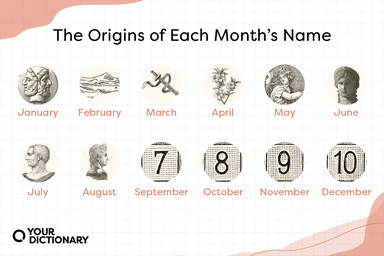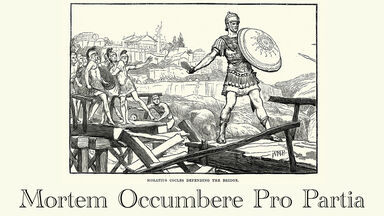One party threatened to return to Romanism; another threatened to sacrifice the independence of Geneva and submit to Berne.
His Letters to a Lady inclined to enter the Church of Rome are excellent specimens of the attitude of a high Anglican towards Romanism.
He stayed at Cassel till 1783, publishing in 1782 his Reisen der Papste, a book wherein certain leanings towards Romanism are visible.
While he was fundamentally at one with Luther in opposing both Romanism and Calvinism, his mysticism led him to interpret justification by faith as not an imputation but an infusion of the essential righteousness or divine nature of Christ.
He stands in true succession to Richard Hooker in working out the principles of the English Reformation, though while Hooker argued mainly against Puritanism, Andrewes chiefly combated Romanism.





